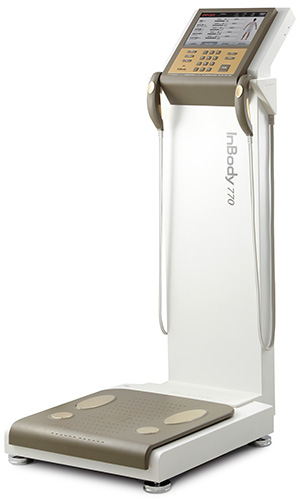Donation Appeal
To honour the memory of Gordhan Gadher, an appeal has been set up which aims to raise £10,000 in order to purchase an essential piece of medical equipment for The Royal Free Hospital that will ensure the treatment of people who require dialysis.
How to donate
-
By Cheque*(please read giftaid note)
Payable to: Balvimaa Charity Trust, Address: 2 Bourne Hill, London N13 4LG.
-
By Bank Transfer*(please read giftaid note)
Payable to: Balvimaa Charity Trust, Account Number: 91000036, Sort Code: 60-93-73
-
Online via the mydonate.com webpage
We have a donation page on the mydonate website. We have chosen mydonate as they do not charge comission for administering the appeal. The site is able to process Gift Aid, although there is a 1.3% credit card fee that is taken from each donation.
* Gift Aid Note
If you choose to donate by Cheque or Bank Transfer please also send your name and address to balvimaacharitytrust@gmail.com. This is so that the charity can claim Gift Aid to increase your donation by 25%. We will ensure that you will receive a reciept which you can claim as an expense.
Why this appeal has been chosen
The Royal Free Hospital currently has 4 dialysis centres but only 3 machines and so to have one for each centre would help ensure that patients’ dialysis provides the best care possible and reduces the risks from unbalanced fluid removal.
Dialysis in 1960s was not so common, but today we take it for granted as a treatment for patients with kidney failure. However the survival rate for patients is actually less than for some common cancers. The major reason being heart problems. Dialysis patients eat and drink between dialysis sessions and their weight goes up, as the kidneys do not pass urine. Fluid is therefore retained between dialysis sessions, and this causes heart and lungs problems due to the fluid overload.
Patients typically have dialysis 3 times a week e.g Mon, Wed, Fri. Emergency hospital admission and death more commonly occur Sunday night or early Monday morning when patients are most fluid overloaded, causing heart failure. Chest infections are also more common due to fluid in the lungs.
However, if the fluid excess is taken away too quickly by the dialysis machine then patients suffer with low blood pressure, feeling tired and washed out. In elderly people this can cause an increase in the rate of vascular dementia and leave patients feeling confused after dialysis. Gordhan suffered all of these symptoms and eventually developed pneumonia from a chest infection which finally ended his life.
We would ask you to donate generously especially those living in and around London as you never know if you will require this treatment in the future. We did not expect Gordhan to get kidney failure but he did and there wasn't sufficient machines to help him. THIS COULD HAPPEN TO YOU! This is one of the reasons for this appeal, as Gordhan suffered greatly.
Other charities that we are hoping will benefit from this appeal
Once the donation appeal has reached its target of £10,000 any excess funds will be donated to these following charities. Cancer Research UK, Macmillan Cancer Support, Trinity Hospice , Lymphoma Association.

770 Bioimpedance Machine
It is very important to be able to judge fluid status in dialysis patients and how fluid is removed during dialysis. Bioimpedance machines pass a series of small electrical currents through the body and can make measurements of body fluid. This machine is easy to use for the staff and patients and can be incorporated into a routine dialysis visit. It looks like a set of scales but behaves in a different way and provides essential information about fluid levels and where the fluid is located, weight and body mass and muscle mass. The patient stands on the scales and holds the handles and a current passes through them providing the readings. These can then be used to ensure that the patient is properly advised on diet and the fluid removal is from the correct cells in a balanced way to keep the patient stable.
The Bioimpedance machine can then be used again after dialysis to check the patient’s fluid levels are balanced.




